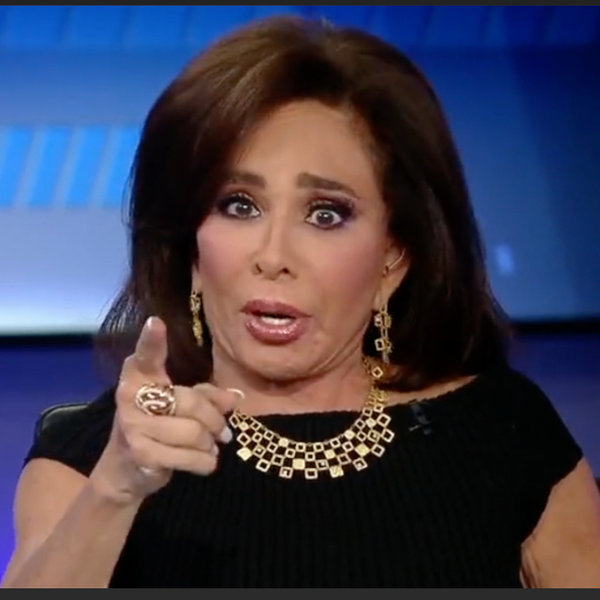China Blasts UN Report On North Korea Abuse, Faces Inquiry On Its Own Human Rights Record

By Stuart Leavenworth, McClatchy Foreign Staff
BEIJING — China finds itself under a harsh international spotlight this week as it attempts to block further United Nations actions against North Korea for that country’s alleged crimes against humanity, while facing a separate review of its own human rights record.
On Monday, China, a member of the U.N. Security Council, dismissed a U.N. report that documented how North Korea for decades has abused prisoners and dissidents in secret prisons. The reported abuses included forcing tortured children to watch their loved ones be executed.
Chen Chuandong, a counselor at China’s mission in Geneva, told the U.N. Human Rights Council that the U.N.’s independent commission of inquiry had made unfounded accusations and had failed to gain North Korea’s trust in assisting with the inquiry.
“The inability of the commission to get support and cooperation from the country concerned makes it impossible for the commission to carry out its mandate in an impartial, objective and effective manner,” Chen said.
The chief author of the report, retired Australian judge Michael Kirby, later rejected China’s argument, saying that the United Nations had carefully documented every allegation and had an obligation to pursue claims of gross human rights abuses even if the host country refuses to participate.
Earlier, Kirby told the council that the world community had the courage to stand up and investigate the crimes of Nazi Germany, and the Khmer Rouge in Cambodia, putting North Korea’s leaders in the same camp as Adolf Hitler and Pol Pot.
“The process of healing really starts when there is an acknowledgment of error, an acknowledgment of great crimes against humanity,” Kirby said. “They are not minor matters.”
China’s stance means that, unless changed, there is little chance the Security Council will refer the case to the International Criminal Court in The Hague. Such a referral could possibly result in Beijing’s erratic allies — including the current North Korean leader Kim Jong Un — being prosecuted as war criminals.
Many human rights activists say China’s stance on North Korea has much to do with fears that a U.N. tribunal could seek to prosecute China’s own leaders at some future date.
Hu Jia, a human rights activist in Beijing, said that China, with 1.3 billion people, has a much larger population than North Korea, with a reported 24 million people. Still, Pyongyang gets far more scrutiny from the U.N. and other international organizations.
“The United Nations has actually been very weak on human rights,” Hu said in an interview with McClatchy. “North Korea is an extreme example, but there are very few people there compared to China.”
China’s treatment of its own citizens is scheduled to be examined by the U.N. council on Wednesday, along with the record of a few other countries. The proceedings are being watched closely, partly because China gained a seat on the U.N. Human Rights Council late last year, giving it clout over the council’s deliberations even while it is being accused of abuses.
On Friday, a well-known activist, Cao Shunli, died while in police detention in Beijing. Cao, 52, attempted to bring many of China’s rights violations to the attention of the United Nations last September, but she was detained on trumped-up charges and then was left untreated for various illnesses, supporters say.
Cao had booked a flight to travel to Switzerland late last year to observe a Human Rights Council review, but police arrested her at Beijing’s main airport, according to her colleagues and news reports.
Hu, a friend of Cao’s who has faced detention and other punishment for his activism, said that his late friend would have liked to testify before the U.N. panel. One of her biggest issues, he said, was secret “re-education through labor” camps, which she had experienced firsthand.
Hu expressed skepticism that the U.N. council would take real action to encourage China to change its ways, given China’s worldwide economic clout. But other human right monitors noted that Cao had risked her life hoping that the United Nations might have an impact.
“She (Cao) didn’t have that skepticism, and that is important,” Sophie Richardson, China program director for the advocacy group Human Rights Watch, said in an interview with McClatchy. “That is how international bodies become relevant — by people believing that these bodies can accomplish something.”
Richardson said Wednesday’s session is effectively a peer review session, in which the U.N. council will weigh conflicting claims about China’s domestic record, separate from China’s influence over Pyongyang.
China was named in the U.N. report because of its practice of deporting refugees back to North Korea, as opposed to treating at least some of the rogue country’s refugees as asylum seekers.
While China comes under criticism, human rights groups are annoyed that the United States and many European allies have focused so much attention on North Korea’s possible nuclear capability, voicing little outrage over Pyongyang’s well-documented abuse of its people.
U.S. Ambassador Robert King, the U.S. envoy on North Korean human rights issues, attempted to counter those criticisms Monday. He said pressure on Pyongyang would go on even if China blocked a U.N. Security Council resolution.
“The fact that right now we may not be able to go forward as far as we’d like to go does not mean that we’re going to stop and say we can’t do anything more, and we’re not going to do it,” he told reporters in Geneva.
Photo: Akasped via flickr








